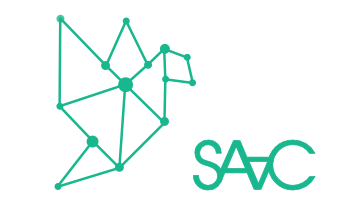Logistics is that part of the supply chain process that manages how resources are acquired, stored, and transported to their final destination.
95% of the product life-time from production to customer’s hands, is spent in logistics operations, against 5% used for processing and manufacturing.
Logistics links production to sales and through the explosion of e-commerce, which made retail scenarios ubiquitous, became the direct connection between manufactures and consumers.
The ultimate goal of logistics is to deliver the desired goods to the customers in a timely manner, in good quality conditions and with the minimum business cost.
And this is done through a series of business operations that include:
- Customer response and orders management,
- Inventory planning and management,
- Supply, transportation,
- Distribution and warehousing.
Sustainable logistics is the challenge of the global logistics industry, and it translates into finding ways to reduce the environmental and social impact of transporting goods to billions of customers.
The ultimate goal of sustainable logistics is to deliver the desired goods to the customers in a timely manner, in good quality conditions, with the minimum business cost and the minimum ecological footprint.
And this can be achieved through the integration of sustainability practices in all logistics operations, strategies and policies, looking for a balance between financial growth (profit), environmental care (planet) and the health of society (people) and positive impact.
Sustainable logistics is an opportunity for logistics suppliers to find innovative solutions with clear advantages:
- Becoming more resilient to emerging global challenges
- Increasing customer retention and industry collaboration
- Profitability
- Attracting talents and workforce
- Expanding into the data services providers market
